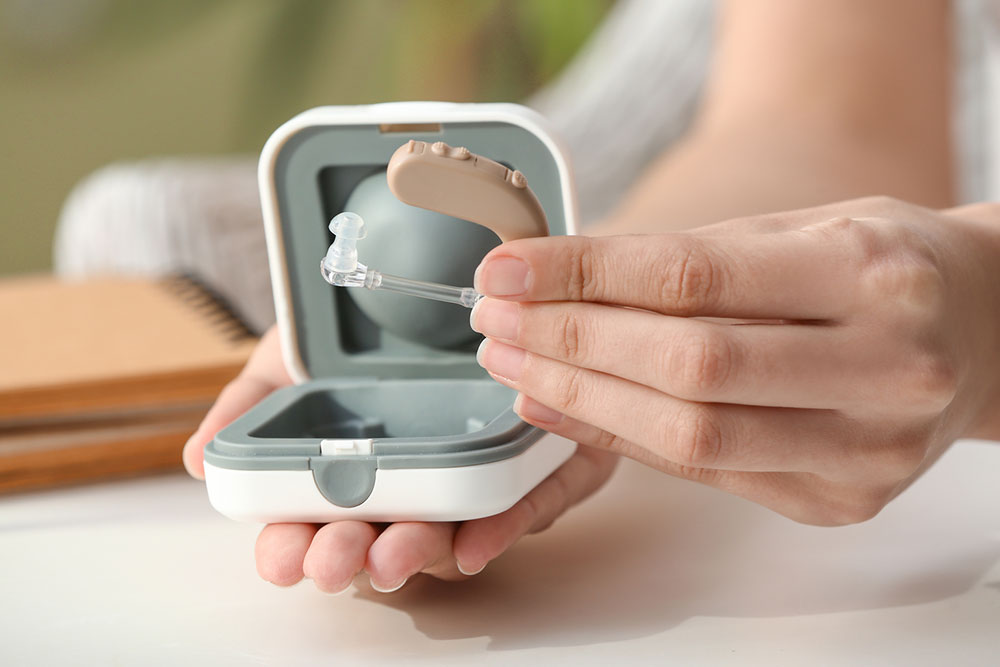
Foods and allergens to avoid for managing seizures
People with specific underlying health conditions experience seizures when there are disturbances in the electrical activity of their brains. Some indicators of a seizure are shaking, twitching, confusion, random pain, blank stares, changes in heart rate and breathing, stiffness throughout the body, repeated or automatic movements, abrupt changes in sensations, and persistent depression and anxiety. One can manage their seizures and even reduce their occurrence by avoiding some of the following foods and allergens: Coffee Caffeine is a common element in energy drinks, coffee, tea, and various beverages. People usually consume caffeine to keep themselves awake and going throughout the day. Caffeine is a stimulant, and it can also trigger seizures in some individuals. This is why doctors advise someone with epilepsy or other seizure-related health conditions to consume moderate to zero amounts of tea or coffee in a day. Salt Salt is made up of sodium, an element that is not healthy for one’s body. An accumulation of sodium in one’s blood causes the water in the cells to transfer into the blood. If this happens frequently, then a person’s blood gets diluted. A build-up of fluids within a person’s blood can trigger seizures. The fluid shift and build-up of water in a person’s blood can also lead to issues like lung disorders, coma, and even death.
Read More 










